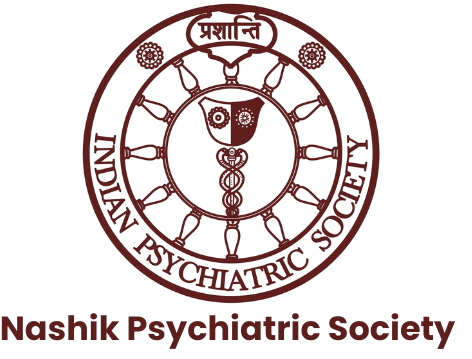Move Your Body, Lift Your Mind: How Exercise Boosts Mental Health
Most people think of exercise as something you do to stay in shape, lose weight, or keep your
heart healthy. But here’s the real secret: the biggest benefits of moving your body often show
up in your mind. Exercise is one of the most underrated tools for fighting stress, lifting mood,
and keeping mental health strong. And the best part? It doesn’t take hours in the gym to feel
the difference.
The Science of the Mood Boost
If you’ve ever noticed how a walk clears your head or how a workout leaves you calmer
afterward, you’ve felt the brain-boosting effects of exercise. Physical activity triggers the
release of endorphins—the body’s natural “happy chemicals”—that instantly brighten your
mood.
It also raises serotonin levels, which play a key role in stabilizing emotions, while lowering
cortisol, the stress hormone that fuels anxiety and restlessness. Together, these changes help
reduce worry, improve sleep, and prevent energy crashes.
There’s also a cognitive boost: exercise increases blood flow to the brain, improving focus,
memory, and learning. And beyond the chemistry, there’s psychology—reaching small
fitness goals builds confidence, resilience, and a sense of accomplishment.
Simple Ways to Get Moving
The World Health Organization recommends at least 150 minutes of moderate activity per
week—that’s just 30 minutes a day, five days a week. It can be as simple as a brisk walk,
cycling, or even dancing in your living room.
If you’re new to exercise, here are some tips to make it stick:
• Start small: Begin with 10–15 minutes a day and gradually increase.
• Set realistic goals: Focus on consistency, not perfection.
• Pair it with routine: Walk after meals, stretch before bed, or do squats while waiting
for the kettle to boil.
• Make it fun: Pick activities you enjoy so it feels less like a chore.
• Buddy up: Exercising with a friend makes it social and keeps you accountable.
Think of exercise as self-care for your brain as much as your body. It’s free, accessible, and
proven to ease stress, boost confidence, and protect long-term mental health. So the next time
life feels heavy, remember: you don’t just have to think your way out of a bad mood—
sometimes the most powerful therapy is moving your body.
Dr. Devika Patil

